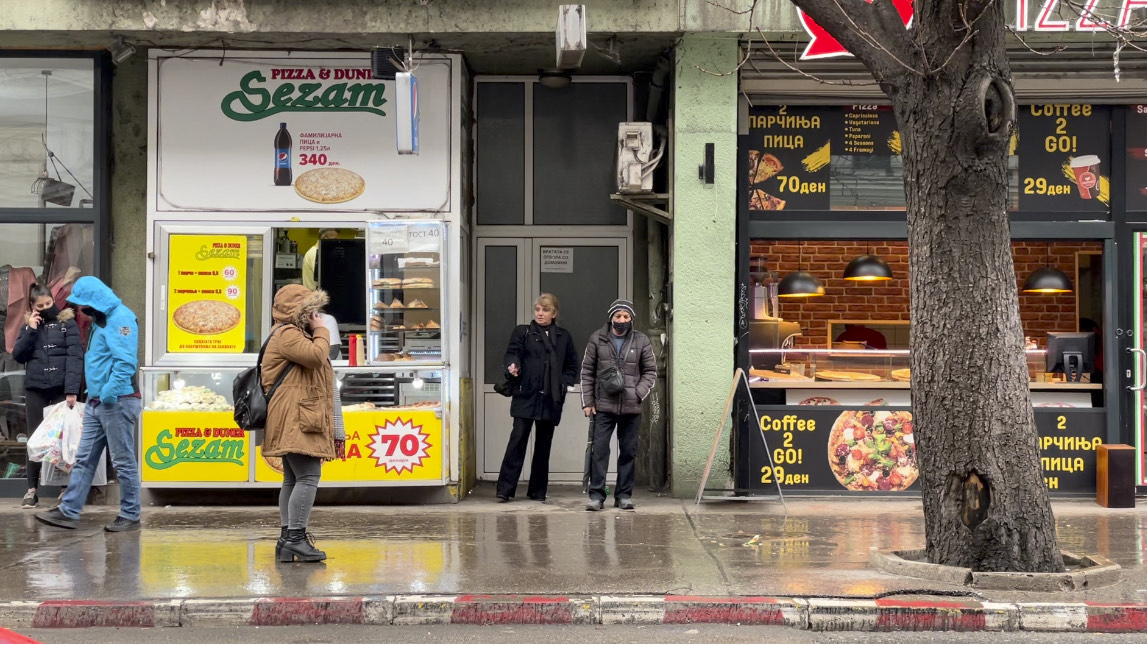
Struggling to survive in lockdown
Single parents in North Macedonia take on a heavy load in the pandemic.
The Government responded saying that those who complain about being left with no support did not complete the bureaucratic procedure to receive aid.
The UN Women survey confirms this with data showing that, if the lockdown measures continue, one in three women would have difficulty covering basic costs.
Kristina Ozimec
Kristina Ozimec is an investigative journalist from Skopje, Macedonia.
This story was originally written in English.